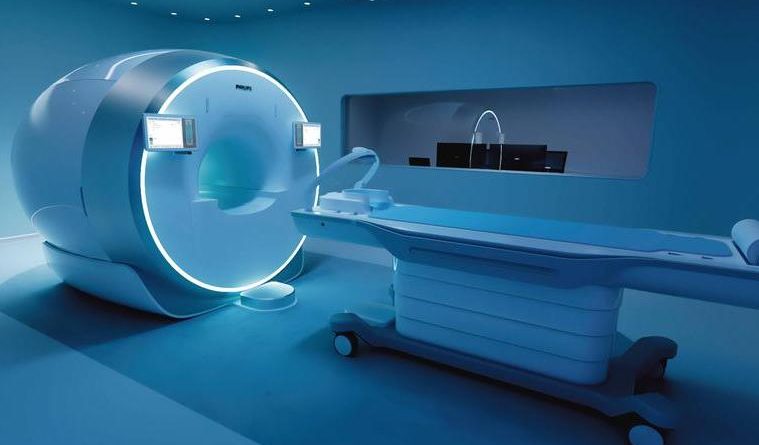
Health systems are implementing automation and AI to improve patient care, increase efficiency and reduce clinicians’ administrative burden.
Becker’s asked CEOs which manual processes their organizations automated recently — and what effect those efforts have had.
Editor’s note: Responses were lightly edited for length and clarity.
Jason Barrett. CEO of the George Washington University Hospital and Group Vice President of the District of Columbia region: At George Washington University Hospital and across the D.C. market, we are investing in technology that supports our broader aims of system coherence and medical-behavioral health integration. This technology allows key partners like GWUH, Cedar Hill Regional Medical Center, and Psychiatric Institute of Washington to function as a seamless care ecosystem. The AI component performs predictive modeling to manage patient progression needs and avoid delays in care by streamlining admissions into strategic service lines. This brings new patients into the system at the right time and location. By strengthening coordination across acute, community and behavioral health services, we can improve outcomes, drive efficiency and enhance the overall patient experience.
Will Condon. President and CEO of Ascension Sacred Heart (Pensacola, Fla.): We’re in the alpha phase of implementing an E-sitter program. Much like telemetry monitoring for our cardiac patients, we’re going to have an E-sitter room where associates can monitor multiple patients at a time using multiple screens.
This is going to be a huge staff satisfier, because right now our techs are getting pulled from what I would call their day-to-day job — helping on the floor — to having to sit with mental health patients or patients who just can’t take care of themselves appropriately.
We’re doing this through technology. The E-sitter program is a really good example of how we’ve gone from a manual process — where a staff member has to physically sit in each room that a patient needs a sitter — to a more technology-focused solution. We’ll now approach this problem the same way we approach telemetry monitoring for cardiac patients.
Jeffrey Flaks. President and CEO of Hartford (Conn.) HealthCare: We understand that exceptional clinical documentation is essential to great care, but the task can present an administrative challenge for clinicians. After a successful pilot and rigorous evaluation, Hartford HealthCare has partnered with Abridge, selecting its AI-powered ambient clinical intelligence platform. This technology builds notes from conversations between clinicians and their patients, integrates clinician feedback and enables real-time documentation and prior authorization at the point of care. Safe and reliably tested AI has great potential to enhance clinical workflows and ensure successful outcomes. Tools that support best-in-class clinical decision-making will help shape the future of healthcare delivery.
Scott Kashman. President and CEO of Ascension St. Vincent’s Riverside (Jacksonville, Fla.): As leaders, our responsibility is to anticipate rather than react. By automating daily insights on quality, risk, consumer experience and census, we’re able to act with speed and consistency. Layering in tools to standardize diagnosis and documentation, as well as optimize EMR and care coordination, and real-time listening to capture the patient’s voice, we’re creating a system that is both clinically rigorous and deeply human. That combination — precision and empathy — is what defines the future of healthcare.
Kelly Macken-Marble. CEO of Osceola (Wis.) Medical Center: Our focus has been on implementing AI and automation in key areas, including clinician documentation through use of AI tools. Early outcomes are good, reducing the documentation time per patient and after-hours time spent completing notes. Automation of policy, procedure and contract review and updating is up next to eliminate our manual review processes.





